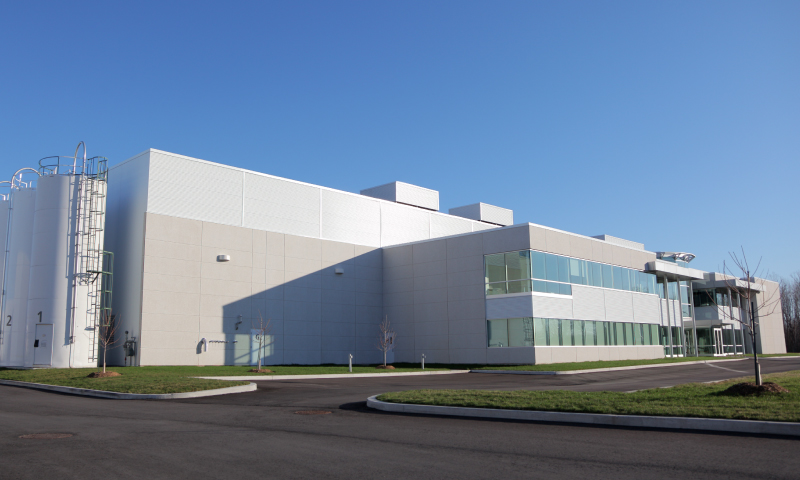02 February 2022
The latest CIPS Manufacturing PMI which has moved from 57.9 to 57.3 demonstrates the resilience of the UK manufacturing sector yet again. Manufacturers have reduced backlogs and increased output, despite ongoing supply chain disruption and Christmas shutdowns, which is encouraging to see. However, longer term headwinds could derail a post-Covid recovery.
Rising energy prices are applying acute pressure to heavy industry and although non-energy input costs seem to be starting to ease following a record high in November last year, uncertainty from global political instability and building up gas reserves could keep energy prices high throughout 2022. This will inevitably impact everyone, but food and drink manufacturers will be particularly concerned after the Government opted not to renew support for the carbon dioxide industry at the close of January which could see shortages of many products not to mention significantly higher consumer prices.
Skills shortages – not unique to manufacturing
Brexit and redundancies during lockdown have increased the manufacturing skills crisis, but employment jumped to 59.2 in December which demonstrates that manufacturers are scaling up to trade out of the pandemic. However, tempting staff back will be a challenge, particularly as many manufacturers will need different skills to support digital investment, so recruiting the right resource will be even more challenging than it was before the pandemic.
This challenge is not unique to manufacturing, as pressure is being felt across all sectors. A third of businesses in our recent The Real Economy survey said they have had to delay expansion plans as a result of staffing challenges. Almost a third have turned business away, and a further 30% say they have had to close down some locations completely.
Now is the time for action from the Government to step up and support the upskilling and retention of the UK’s workforce as part of its levelling up strategy, whilst incentivising manufacturers to invest in new technologies to improve productivity and ease the pressure of skills shortages.
Pugh’s view
The toll of supply disruptions and materials shortages became even more obvious in November as the manufacturing sector was the worst performing major economic sector. It was therefore encouraging to see a further drop in the input prices index of the manufacturing PMI (from 84.9 in December to 82.3 in January) and the suppliers’ delivery time index rising (from 24.6 to 30.6). Remember that a lower balance indicates that firms are waiting longer to get supplies, so the supply situation in the manufacturing industry improved again in January.
However, given the challenges ahead, especially around labour shortages and energy prices, it seems unlikely that the manufacturing industry will become a major driver of overall economic growth this year.
Our upcoming webinar run in partnership with Make UK
Sign up to attend our upcoming webinar with Make UK where we will discuss the state of the manufacturing industry’s liquidity and the risks to its financial health.
The Real Economy – the modern workforce
Read our Workforce report, featuring real time data from the heart of the middle market and with commentary and analysis from leading experts at RSM UK.











